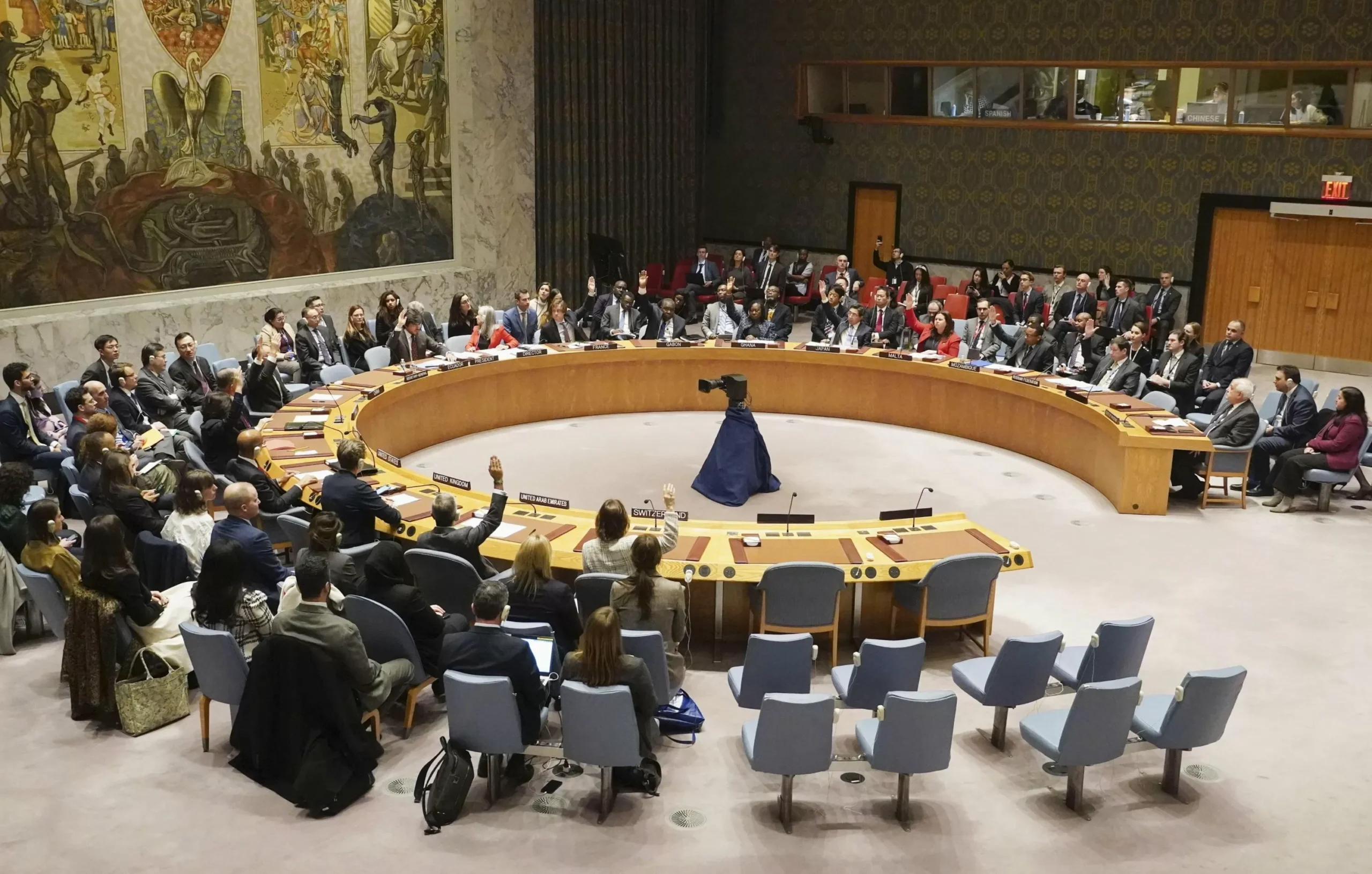Russia and China Use Veto Power to Reject U.S.-Initiated U.N. Resolution for Cease-Fire in Gaza
The recent conflict in Gaza has once again brought to light the power dynamics at play within the United Nations Security Council. On May 14th, the United States initiated a resolution calling for a cease-fire in Gaza, which was ultimately rejected by Russia and China through their use of the veto power. This move has caused a stir in the international community, with many questioning the motives behind the veto and the potential consequences for the ongoing conflict.
The resolution, which was proposed by the United States in response to the escalating violence in Gaza, called for an immediate halt to hostilities and the protection of civilians. However, Russia and China argued that the language of the resolution was ambiguous and could potentially harm the ongoing peace efforts in the region. This led to their decision to use their veto power, effectively blocking the resolution from being adopted.
While some may view this move as a hindrance to the peace process, it is important to understand the reasoning behind Russia and China’s veto. Both countries have long-standing relationships with Palestine and have been vocal in their support for a two-state solution. In fact, China has been a strong supporter of Palestine’s bid for statehood and has pledged billions of dollars in aid to the country. Therefore, it is understandable that they would want to ensure that any resolution passed by the Security Council does not undermine these efforts.
Furthermore, Russia and China have also expressed concerns about the lack of balance in the resolution, which they believe places the blame solely on Hamas and ignores the role of Israel in the ongoing conflict. This is a valid concern, as any resolution passed by the Security Council should strive to be impartial and address the root causes of the conflict.
In addition, the use of the veto power is not an uncommon occurrence in the Security Council. In fact, it has been used numerous times in the past by different countries, including the United States. The veto power is an integral part of the United Nations system and is intended to prevent any one country from dominating the decision-making process. While it may be frustrating for some, it is a necessary tool to ensure that all voices are heard and that the interests of all countries are taken into consideration.
It is also worth noting that both Russia and China have been actively involved in diplomatic efforts to bring about a cease-fire in Gaza. In fact, both countries have proposed their own resolutions in the past, which have also been vetoed by the United States. This highlights the need for all countries to work together towards a peaceful resolution, rather than solely relying on the Security Council.
Despite the rejection of the U.S.-initiated resolution, there is still hope for a diplomatic solution to the conflict in Gaza. The United Nations Secretary-General, Antonio Guterres, has called for an immediate cease-fire and has urged all parties to engage in meaningful dialogue. This sentiment has been echoed by many countries, including Russia and China, who have expressed their willingness to work towards a peaceful resolution.
In conclusion, the recent use of veto power by Russia and China to reject the U.S.-initiated resolution for a cease-fire in Gaza may have caused disappointment and frustration, but it is important to understand the reasoning behind their decision. Both countries have valid concerns about the resolution and have been actively involved in diplomatic efforts to end the conflict. Moving forward, it is crucial for all countries to come together and work towards a peaceful solution that addresses the root causes of the conflict and ensures the protection of civilians. Only then can we hope for lasting peace in the region.






![Complete BritRail Pass Guide [Types, How to Use It, Pros + Cons]](https://inside-news.uk/wp-content/uploads/2025/06/00221EB4-BCA2-4DBB-6CD4-83DBC37D71FA-120x86.webp)















